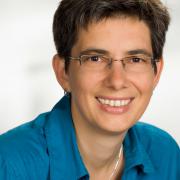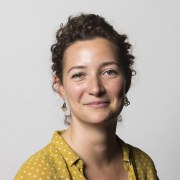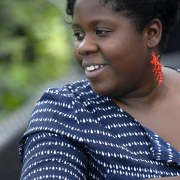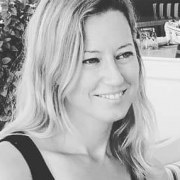We believe the most important boundaries to push in informal science learning (ISL) today are those that systematically exclude youth of colour and youth from low-income backgrounds. Youth Equity and STEM (YESTEM) is a 4 year, UK-US based practice/research collaboration exploring what inclusive ISL practices might be and how they work for minoritised youth, aged 11-14.
Across four practice sites in the UK and four in the US (including community clubs, zoos, science centres and museums), youth researchers spent the first year exploring their own experiences of life, science and ISL. Researchers worked closely with practitioners in the second year, who reflected on and shared examples of their work. Drawing on these experiences, we are co-developing and refining inclusive ISL practices across eight practice sites, four cities and our two countries. Through this process we are developing research-based, inclusive ISL practices that recognise and value the needs and assets of minoritised youth.
Facilitator
Session legacy
Valuable to hear about the ongoing 4-years YESTEM project from research and practitioner side.
Practice (Nicole from We the Curious): When youth are actively involved as co-researchers, building trust and being consistent is important. The youth value meeting professionals and want to do something real. But no, they do not come back with their families and some feel awkward to talk about their involvement in school (reality check!). Will they recognise their input into the exhibition that will take 2 years to develop?
Research (Emily Dawson): For the researchers in UK and US, finding a common language for ISL/equity is a challenge. What equity means for science, for the insitution, for youth might contradict. In essence: EQUITY IS ABOUT TRANSFORMING POWER RELATIONSHIPS. Are organisations ready for this? Who is aware of the project? And how to transform the field?
Comments (Marianne Achiam and Vanessa Mignan): This project is about capacity building and sharing authority. Essential elements for social inclusion are RELEVANCE, EMPOWERMENT and OWNERSHIP. It remains to be seen if the project will support the move from goodwill to real change. A collective reflection is essential.
A surprisinglyhigh nuber of participants, discussion could have continued longer...
Feedback on a planning-reflection tool was sought from participants in a short exercise.
Ressources and briefs about "Equity in informal science learning" and the YESTEM project can be downloaded here: http://yestem.org/publications/





